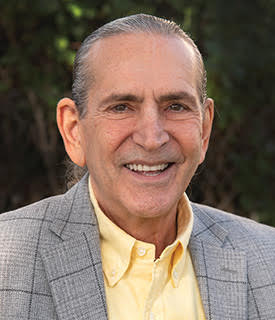What We Treat
- Social Anxiety
- Panic Disorder
- Agoraphobia
- Generalized Anxiety Disorder
Social Anxiety and Common Triggers
Social anxiety is an overwhelming fear of being scrutinized and judged by others in everyday social or performance situations. If you are often uncomfortable around people and tend to avoid situations where you interact with others, you may have social anxiety.
Most people with social anxiety know that their fears are excessive or unreasonable, but they are unable to overcome them. These painful sensations can severely restrict your ability to have a meaningful life.
People with social anxiety commonly experience significant worry and distress in everyday situations including eating in front of other people, speaking in public, being the center of attention, talking to strangers, meeting other people’s eyes, to using public restrooms.
We’ll Teach You to Manage Your Social Anxiety, Providing the Tools and Strategies You Need.
We have great success in helping patients overcome social anxiety through individual therapy. When necessary, medication can be prescribed to minimize more debilitating impacts of social anxiety.
Treatment often includes social skills training that can include practice in real world situations. You’ll learn to interact more successfully in your daily life, and enjoy the freedom to participate in all of life’s opportunities.
Social Anxiety Affects 15 Million American Adults. More Than a Third of People Report Symptoms for 10 or More Years Before Seeking Help.
Social Anxiety Disorder Signs and Symptoms
Social Anxiety Disorders often include symptoms such as the following:
- physical reactions like rapid heart-beat, dizziness, twitches, stomach trouble, trembling, or excessive sweating
- emotional reactions like high levels of anxiety and fear, nervousness, panic attacks or negative emotional cycles
- avoiding situations where you think you may be the center of attention
- becoming isolated
- excessive drinking or substance abuse
INPATIENT & OUTPATIENT
TREATMENT
158 C Avenue, Coronado
CA 92118

























